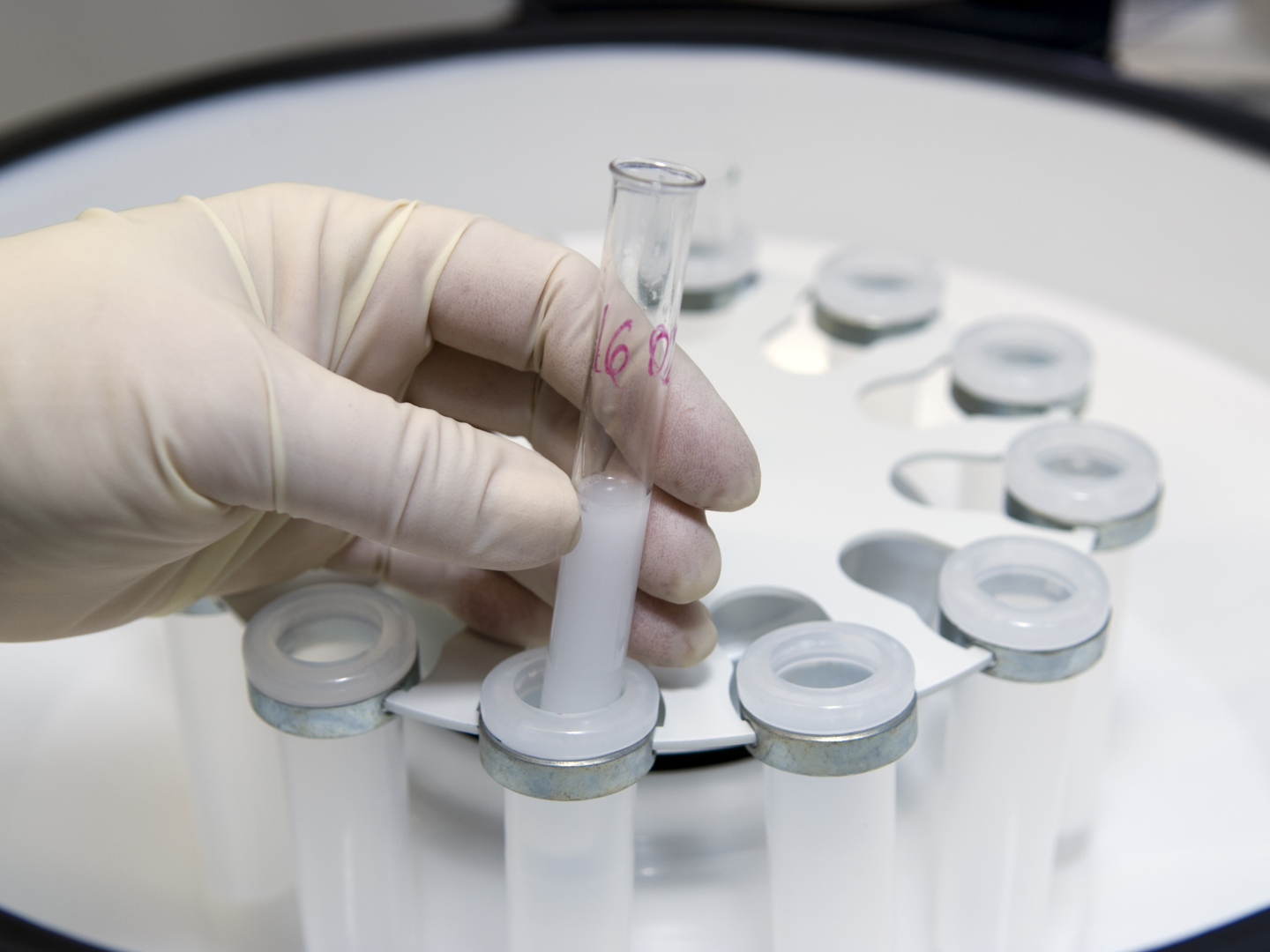Nasty Nursing Nuisance?
I’m a new mom. I breastfed my son until he was four months old. During that period, I developed mastitis three times, and after the third time, I stopped producing milk. What causes this? And how can I prevent it from happening with my next child?
Andrew Weil, M.D. | March 6, 2003

Revised on 3/09/2010
Mastitis is an infection of the breast that develops when a milk duct gets blocked preventing milk from flowing freely. The affected breast feels tender and sore and may develop some redness in the area of the blocked duct. My colleague Nancy Aton, a naturopathic obstetrician/gynecologist here in Tucson, tells me that mastitis can stem from cracked nipples, which may be a sign that the baby has not latched on the breast well. She also says that a fibrocystic growth (don’t worry! these are common and benign) can sometimes press on a milk duct and set off an infection. See your physician for a clinical breast exam to make sure that no such “mechanical” problem is responsible for your repeated bouts of mastitis.
Another common cause of mastitis is stress from all of the emotional and physical responsibilities and activities of being a new mother. Recurrence of the problem may have to do with the treatment of it. If you didn’t complete the full course of prescribed antibiotics or stopped breast feeding while you were taking them, the mastitis is likely to come back.
In addition, the La Leche League lists some other factors that may lead to recurrent mastitis:
- Anemia
- Cigarette smoking
- Irregular breastfeeding patterns
- Tight-fitting bras; purses with heavy shoulder straps; frequent use of a baby carrier (change the side on which you carry these items frequently).
- A too tight car seat belt
With your next baby, Dr. Aton advises getting plenty of rest, eating a healthy diet (low on sugar and refined products), drinking lots of fluids (water and diluted juices) and taking a prenatal vitamin daily. In addition, I would recommend that you try to get plenty of omega-3 fatty acids for their anti-inflammatory effects and their link to improved neonatal brain development. Eat coldwater fish such as salmon frequently, freshly ground flax seeds and walnuts or take a fish oil supplement.
Andrew Weil, M.D.










